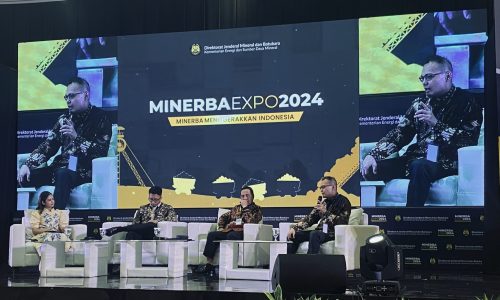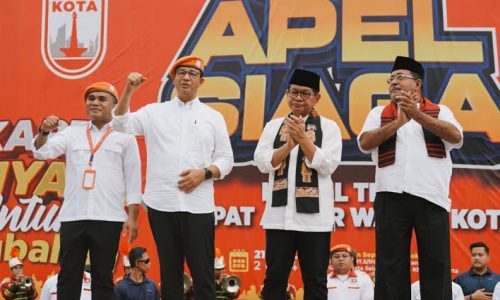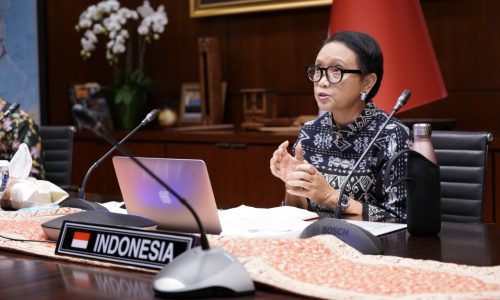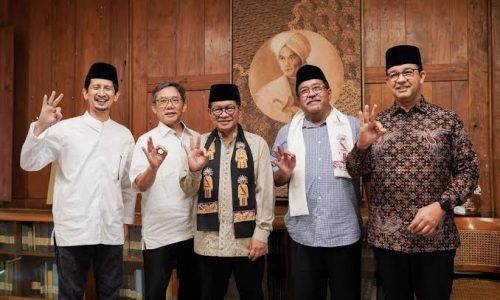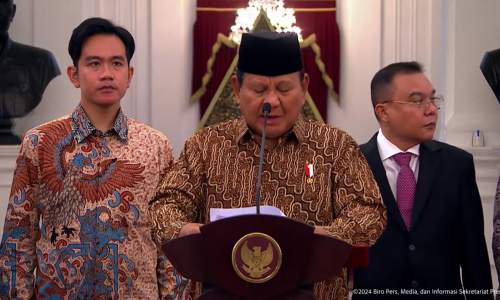JAKARTA − An expert has criticized the issuance of Government Regulation (PP) No. 25/2024, which is considered to be overlapping with the Law No. 3/2020 on Mineral and Coal Mining, while an energy watchdog has planned to challenge the regulation in court for contradicting the law which is higher in hierarchy.
“Law No. 3/2020 already provides the opportunity for every business entity with legal status to aplly for a mining permit (IUP). So if a mass organization has lawful business unit, it automatically has the right to apply for an IUP,” Former Director General of Mineral and Coal, Simon F. Sembiring, said in Jakarta on June 1, 2024.
“Therefore, this PP is just a trick of the authorities to to give rewards to mass organizations for their political support,” he added.
He said further that providing permit extension for PT Freeport Indonesia (PTFI) and others until the reserves run out also violates the Law No. 3/2020.
“The 30-year production period [for PTFI] is enough, there is no need to extend the permit. Exploration during the production period can be consolidated into costs, which can reduce profits and eventually results in reducing taxes, also known as reducing state revenues,” Simon said.
“Now the emphasis is no longer on the sovereignty of the state or the people, but on the sovereignty of investors. PTFI started its production in 1973. If it is extended until 2061, the production period will be 87 years. We are back to the VOC [Dutch colonial term era] and such practice shows that our own people are colonizing the country,” he added.
Court challenge
Meanwhile, Executive Secretary of the Center of Energy and Resources Indonesia (CERI) Hengki Seprihadi said on June 1, 2024 that the Center, along with the Coalition of Natural Resources Guardians, will challenge the Government Regulation No. 25/2024 with the Supreme Court and demand it be cancelled.
“In accordance with Law No. 13/2022 on the Second Amendment to Law No. 12/2011 on the Establishment of Laws and Regulations, PPs cannot contradict the laws above them,” Hengki said.
He argued that PP No. 25/2024 was in conflict with the Law No. 3/2020.



